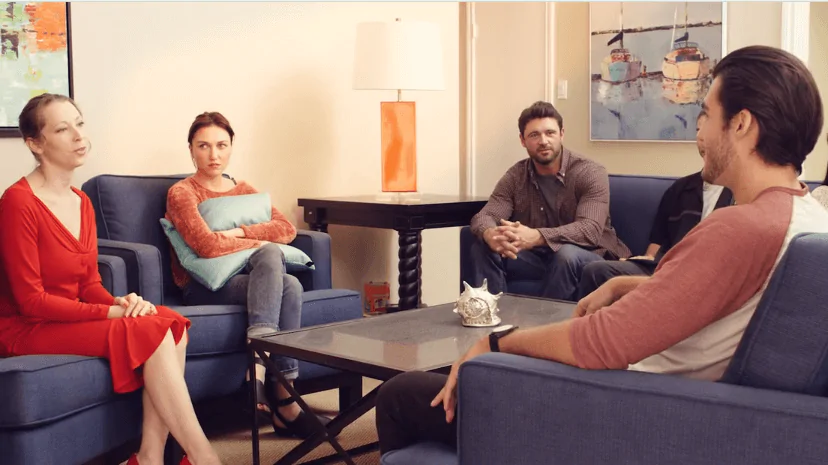24/7 Helpline:
(866) 899-111424/7 Helpline:
(866) 899-1114
Learn more about Dialectical Behavior Therapy centers in Crescent Lake
Dialectical Behavior Therapy in Other Cities

Other Insurance Options

Sutter

Oxford

Access to Recovery (ATR) Voucher

Health Partners

MHNNet Behavioral Health

UMR

GEHA

BHS | Behavioral Health Systems

Regence

Humana

Providence

Health Choice

Covered California

Premera

CareSource

Carleon

Coventry Health Care

Holman Group

CareFirst

Highmark


Klamath Tribal Health & Family Services
Klamath Tribal Health & Family Services is a public rehab located in Klamath Falls, Oregon. Klamath ...

Lutheran Community Services – Klamath Basin Office
Lutheran Community Services – Klamath Basin Office is a private rehab located in Klamath Falls, Oreg...

Full Circle Healing
Full Circle Healing is a private rehab located in Klamath Falls, Oregon. Full Circle Healing special...

Klamath Basin Behavioral Health
Klamath Basin Behavioral Health is a private rehab located in Klamath Falls, Oregon. Klamath Basin B...

Dragonfly Transitions
Located in southern Oregon, Dragonfly Transitions is a 9-12 month program. Designed with progressive...

Transformations Wellness Center
Transformations Wellness Center is a private rehab located in Klamath Falls, Oregon. Transformations...




























































































































BestCare – Residential Treatment
BestCare Residential Treatment is a drug and alcohol rehab for adults in Klamath Falls, Oregon. They...

Klamath Basin Behavioral Health – Phoenix Place
Klamath Basin Behavioral Health is a drug and alcohol treatment clinic for adults and adolescents in...

Crossroads to Recovery
Crossroads to Recovery is a private rehab located in Klamath Falls, Oregon. Crossroads to Recovery s...

BestCare – Outpatient Treatment
BestCare - Outpatient Treatment is located in Klamath Falls, Oregon. BestCare - Outpatient Treatment...







































